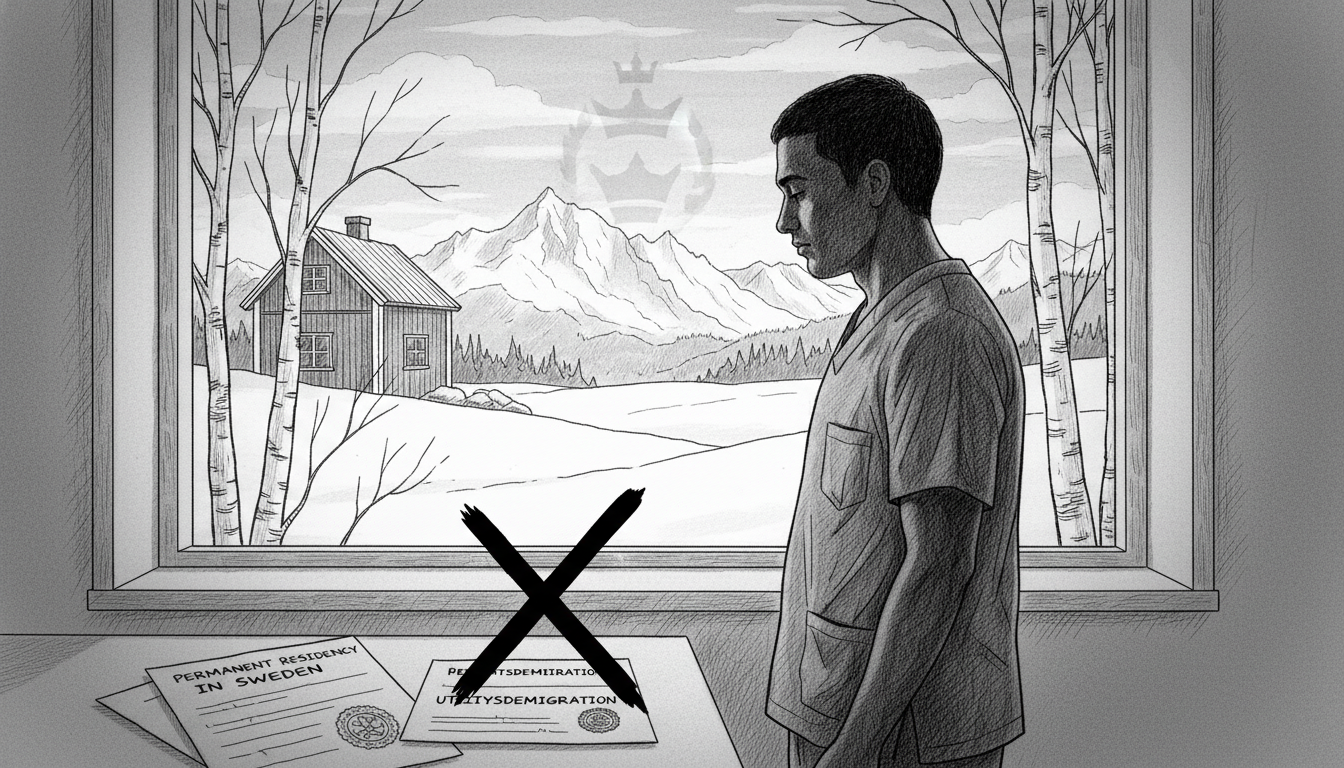Zabeh Karimi, a 25-year-old healthcare assistant from Afghanistan, may lose his permanent residency in Sweden despite building his life there for nearly a decade. He recently secured permanent residency after obtaining stable employment in home care services within Svedala municipality.
Karimi arrived in Sweden in 2015 and has since learned the language, studied healthcare, and established a network of friends and loved ones. He now faces uncertainty due to a new government proposal that would convert permanent residence permits into temporary ones.
The migration minister's investigator estimates between 98,000 and 180,000 people could be affected by this policy change. Migration Minister Johan Forssell stated the fundamental rule for migration should be temporary protection for as long as needed. When protection is no longer required, individuals should return home or apply for citizenship if they meet requirements.
For Karimi and many other Afghan citizens in Sweden, this proposal creates profound uncertainty. Many have lived in Sweden for over ten years but cannot qualify for citizenship due to difficulties proving their identity through official documentation.
Sweden's migration policy has shifted significantly in recent years toward temporary protections. The country received over 160,000 asylum seekers during the 2015 migration crisis, primarily from Afghanistan, Syria, and Iraq. This new proposal represents the latest in a series of restrictions.
The policy creates a particular challenge for Afghan nationals because Sweden's Migration Agency considers parts of Afghanistan safe for return, despite ongoing security concerns and the Taliban's control. Many Afghans lack proper identification documents after fleeing conflict, making citizenship applications nearly impossible.
Healthcare sector employers express concern about potential workforce impacts. Sweden faces chronic staff shortages in elderly care and healthcare, where migrants comprise a substantial portion of workers. Losing trained staff like Karimi could worsen existing service gaps.
Karimi describes feeling unwelcome despite considering Sweden his home. His family remains as migrants in Iran, leaving him without strong ties to his country of origin. His situation reflects broader tensions in Swedish migration policy between integration efforts and temporary protection frameworks.
The proposal now undergoes further investigation before potential implementation. Affected individuals and advocacy groups prepare to challenge the measure, arguing it creates unnecessary instability for people who have already established lives in Sweden.

